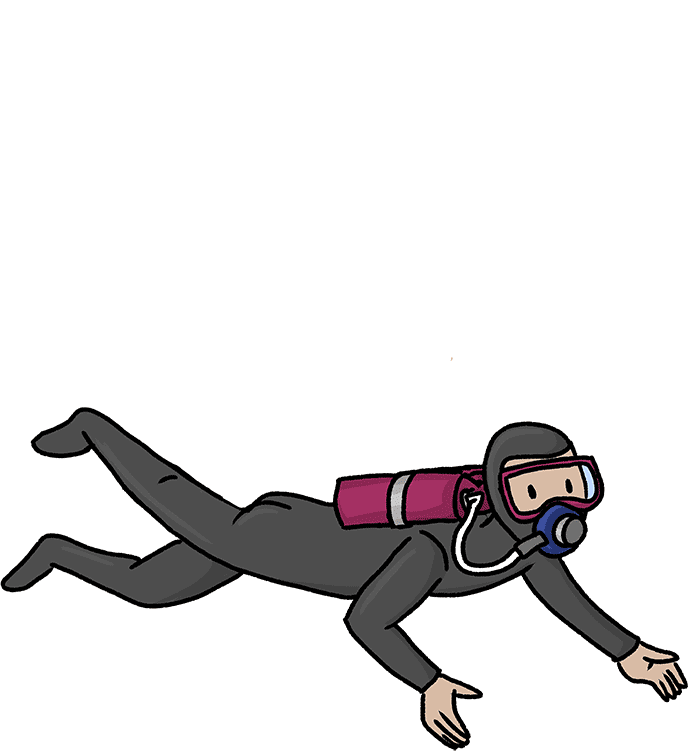
Parents
Parents in our research worried about what was the right thing to do to support their child/tamaiti. They also worried about the future of their child/tamaiti and how they would manage dealing with a VSC diagnosis and whether their child/tamaiti would be happy with the decisions their parents made on their behalf.
Parents had concerns about having access to ongoing support in future years, especially about navigating challenges that may occur in puberty. Parents wanted more guidance from medical professionals to help understand and navigate decision making.
I wish we had more information available from the start.
You know, we still don’t know if we have done the right thing. I think it really needs to be a discussion … where we figure it out together with the health professionals. You don’t really know how informed or misinformed you are.
We established a circle of trust.
Health Professionals
Parents in our research worried about what was the right thing to do to support their child/tamaiti. They also worried about the future of their child/tamaiti and how they would manage dealing with a VSC diagnosis and whether their child/tamaiti would be happy with the decisions their parents made on their behalf.
Parents had concerns about having access to ongoing support in future years, especially about navigating challenges that may occur in puberty. Parents wanted more guidance from medical professionals to help understand and navigate decision making.
I think VSC patients are best managed in a group setting, so that you know someone’s personal preference or bias isn’t colouring the advice you’re giving to families.
It’s important to get it right, don’t do harm … and sometimes there is no good answer.
Young People
Young people in the research made two key points. The first was their right to bodily autonomy, that is, having the chance to decide what, when and if medical interventions are performed on their bodies.
Young people were aware parents are in a tough spot trying to work out what is in their best interests. However, they were clear that they wanted to have input into decisions when possible. This relates to decisions than can be delayed until the child is older (not to life-saving decisions).
Overall, young people, parents and health professionals believed there needed to be better communication, support and greater awareness of personal bias and normative thinking when it came to the stereotypes of what it means to be male and female, especially regarding genital appearance.
Secondly, young people highlighted the issue of identity and how that develops over time and place. Again, this must be considered when navigating decisions.
All this requires trust which all three groups recognised as important for decision-making.
If either of my parents had known when I was a child, I would really hope to think they would wait until I was 16 to let me make my own decisions.
I think it would be better to wait for the person to decide for themselves. (Regarding genital surgery)
I am aware my body’s different … over time I’ve just come to terms with that.